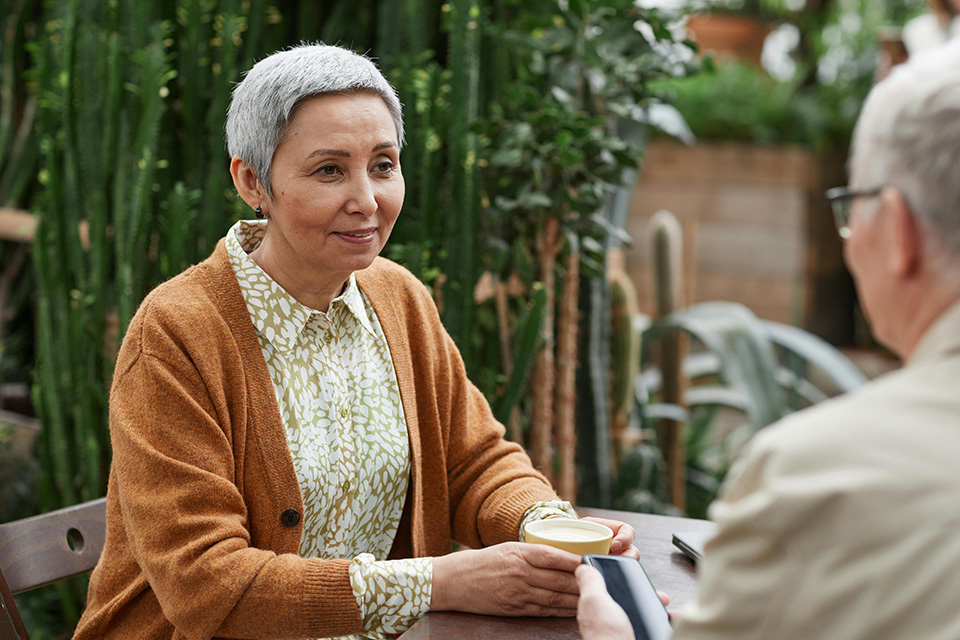Trusted Expertise in Counselling and Emotional Well-being
N-Compass has extensive experience delivering high-quality counselling services to children, young people, and unpaid adult carers. For nearly two decades, we have provided therapeutic support that promotes emotional well-being, builds resilience, and equips individuals to manage life’s challenges.

Our team of qualified Counsellors and Therapists use evidence-based approaches tailored to each person’s unique needs. We understand the value of early support in preventing issues from escalating, and we work alongside those we support to develop personalised strategies that reduce psychological distress and improve mental health.
The voices of children, young people, and carers are central to everything we do. Co-production is embedded in our approach, ensuring individuals receive support that is responsive, respectful, and empowering. Whether facing anxiety, low mood, stress, bereavement, or other emotional difficulties, our counselling provision has offered a safe, confidential space to reflect, heal, and grow.
Counselling services
We don’t just offer counselling – we empower people to take control of their mental well-being and achieve lasting, positive change.

Supporting Children and Young People’s Emotional Well-being
N-Compass has extensive experience providing one-to-one counselling for children and young people, supporting those aged 5 to 18 – and up to 25 for individuals with Special Educational Needs (SEN). Our work focuses on improving emotional well-being, helping young people develop healthier ways of coping with challenges in their lives.

Counselling Support for Unpaid Adult Carers
N-Compass has significant experience providing dedicated counselling and therapeutic support to unpaid adult carers, helping them manage the emotional and psychological pressures that often accompany a caring role.
Our Impact
Emma’s Story
Emma lost a close family member; her mood and self-confidence became low. She coped with these feelings through self-harm, not talking to anyone through fear it would upset them.
Counselling gave Emma the confidence, through ‘positive affirmation’ cards, to express herself in a safe environment; exploring her thoughts and feelings and identifying her own triggers. this allowed her to creatively express herself, establish alternative coping strategies and increase her confidence.
Emma no longer self-harms.
We understand the challenges of caring and provide support to help you navigate the journey
AdvocacyAdvocacy is about standing up for your rights and ensuring your voice is heard
Volunteer With UsJoin our team of dedicated volunteers who contribute their time to support our programmes
WellbeingWe offer a range of services to help you take control of your health and well-being
About Usn-compass has dedicated over two decades to empowering individuals and communities
Get in TouchWhether you have a question, need support, or want to share feedback, we’re here to help.

